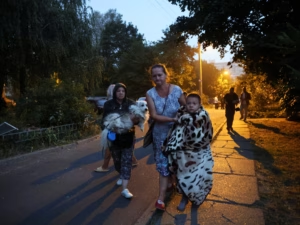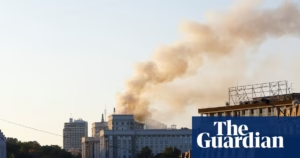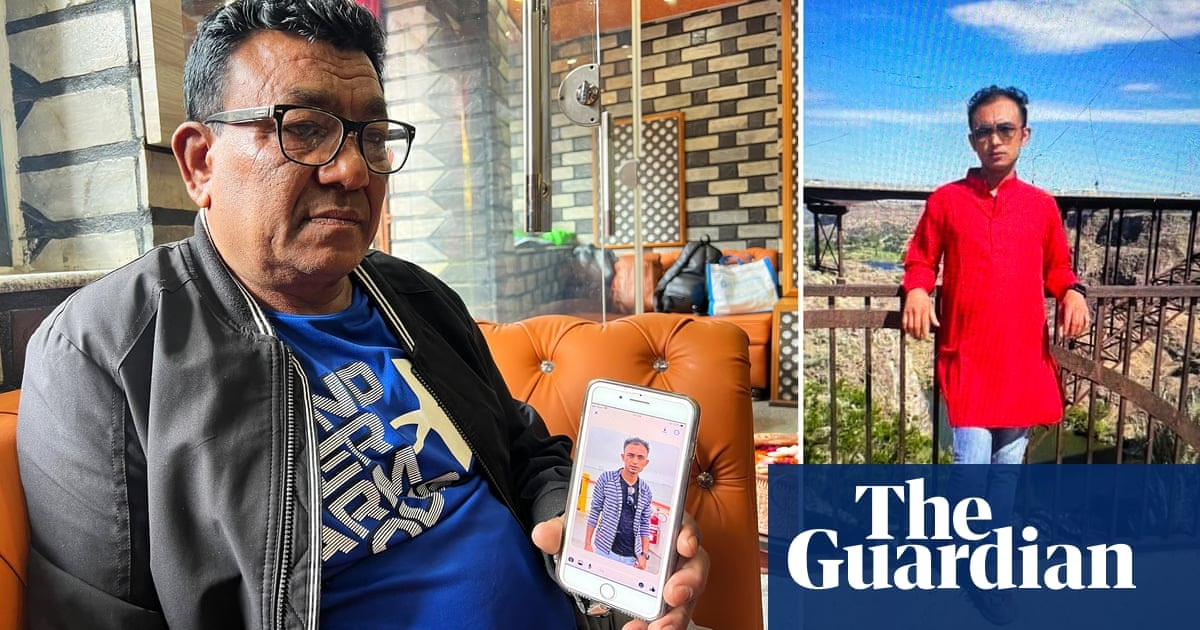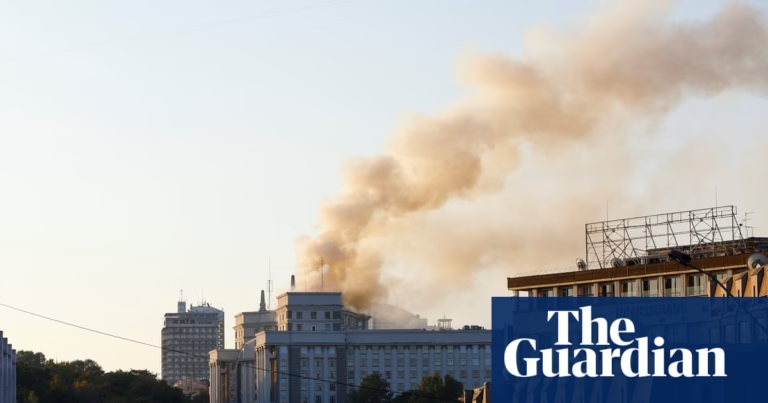When Narayan Kumar Subedi received a call from his daughter in the United States three weeks ago, he was expecting to hear about his children’s life abroad or possibly plans for a reunion. Instead, he learned that his 36-year-old son, Ashish, a Bhutanese refugee resettled in the US, was being deported.
Ashish had been caught in a domestic dispute leading to police involvement. After days in detention without proper legal support, he was swept up in Donald Trump’s immigration crackdown and deported to Bhutan.
What followed was a surreal sequence of events that left Ashish and nine other Bhutanese refugees stateless. They were abandoned by the country they once fled, expelled by the one they tried to call home, and detained by the one they sought refuge in.
Narayan was among 100,000 Nepali-speaking Bhutanese who fled Bhutan in the early 1990s to escape persecution. Many saw emigration as the only hope for a future. Narayan’s children were granted refugee status in the US, but he was disqualified over paperwork errors and still lives in the Beldangi refugee camp in eastern Nepal.
Decades later, Ashish is back, unwelcome in Bhutan, and unrecognized in Nepal.
According to Nepal’s director general of immigration, govinda Prasad Rijal, four of the 10 deported Bhutanese refugees, including Ashish, were taken into custody for entering Nepal without valid visas. The matter is still under investigation, and no decision has been made on their future.
After the family filed a habeas corpus petition in Nepal’s supreme court, the court ordered the refugees to be produced before it on 24 April and not to be deported until then.
The group was first flown from the US to Delhi, where they were treated well and put up in a hotel during transit. The following day, they were flown to Bhutan’s Paro international airport.
In Bhutan, the government welcomed them courteously but didn’t allow them to stay long. After routine questioning, the group received 30,000 Indian rupees each and was transported to the Indian border town of Phuentsholing. Within 24 hours, they were out of Bhutan.
According to Dr. Gopal Krishna Shiwakoti, former chair of the Asia Pacific Rights Network, Bhutan’s acceptance of the refugees showed acknowledgment of their citizenship. However, deporting them to India within a day reveals a deceptive character.
From Phuentsholing, the group made its way to Nepal via Indian intermediaries. Ashish and his friends were later detained by Nepalese authorities, shocking Narayan.
Nepal lacks a comprehensive legal framework addressing refugee protection or statelessness. This leaves people like Ashish in legal limbo, neither accepted back by Bhutan nor recognized as refugees in Nepal.
International rights groups are raising alarms, appealing to the United Nations, the US and Indian embassies, and the government of Nepal for intervention. They demand the recognition of the 10 deported individuals as Bhutanese nationals and their protection under international refugee law.
For Narayan in Beldangi, his son’s uncertain future weighs heavily.
Source: https://www.theguardian.com/world/2025/apr/21/bhutan-nepal-us-immigration








